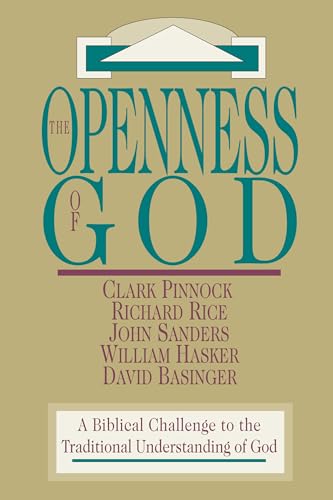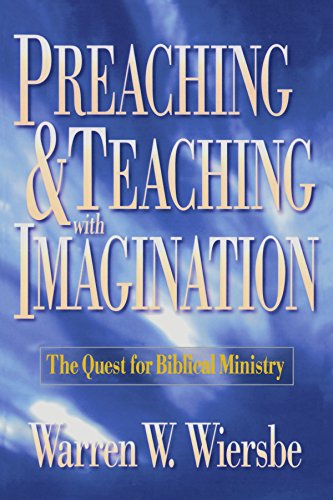The Word of the Cross: A Contemporary Theology of Evangelism
Written by Lewis A. Drummond Reviewed By Alasdair I. MacleodLewis A. Drummond is President of Southeastern Baptist Seminary, Wake Forest, North Carolina. Formerly he was the Billy Graham Professor of Evangelism at the Southern Baptist Seminary, Louisville. The present book has grown out of Dr Drummond’s desire to bridge the gap between theology and evangelism, and to demonstrate that true evangelism grows out of deep theological roots. He aims to bring ‘time-honored evangelical thought’ to the contemporary scene, to interact with other theological viewpoints, and to challenge the church with its task for the future.
The work is divided into four. In Part I Drummond lays his foundation by engaging in a critique of rationalism and empiricism, and by arguing for Scripture as trustworthy propositional revelation. He then pleads the centrality of evangelism in the Bible, and insists on a historical link between high views of Scripture and periods of strong commitment to mission. Part II maintains that evangelism is rooted in the triune God who comes to us ‘in redemptive garb’. Chapters on the Father as author of evangelism and on the Spirit as its implementer bracket the longest one in the book, ‘God the Son: Provider and Means of Redemption’, hi a wide-ranging discussion Drummond affirms the Jesus of history as the God incarnate of faith, defends penal substitution as expressing the essence of the atonement, and upholds the bodily resurrection of Jesus. In Part III Drummond selects three biblical words which he regards as foundational for evangelism: kerygma, soteria and basileia. He demands that historical and objective truth be at the core of the message, and distances himself from views which confuse it with social action. His treatment of salvation includes discussion of annihilation and universalism, and an insistence on hell as eternal punishment for some. The kingdom is both present and future, entered now only through repentance and faith. Part IV tackles practical ministry, with a chapter on church-centred evangelism focusing on the mission of all believers, and another on the holiness, power and prayerfulness of the evangelist. The final chapter is a very brief epilogue, ‘A Worldwide Vision’.
Dr Drummond is not a man interested in novelty or given to speculation, and he has given us a solid evangelical study with many riches. There is often a very devotional tone to the writing, and the author is clearly someone with a passion for his Lord and his commission. The book is the product of wide reading and Drummond interacts with an impressive range of scholarly names and disputes. However, he might give some the impression that rather disparate theologians speak with a single voice. In four pages on regeneration, for example, his supporters include Jürgen Moltmann, Friedrich Büchsel, James Stewart, Hans Conzelmann, Ernest Best, John Murray, George Eldon Ladd and Karl Barth. Amidst all the diversity, the book surprisingly omits the contemporary debate on pluralism and the uniqueness of Christ.
Drummond has made a very useful contribution to the literature, and we do need continual reminders that the teaching and practice of evangelism require theological under-girding. Perhaps, however, such approaches can only take us part of the way. In addition to recasting traditional theology with an eye to mission, we look for theologians who will offer us biblical and systematic theologies written from an evangelistic perspective, theology with a new shape and with fresh categories, doing justice to the biblical portrayal of an evangelistic God.
Alasdair I. Macleod
Edinburgh







